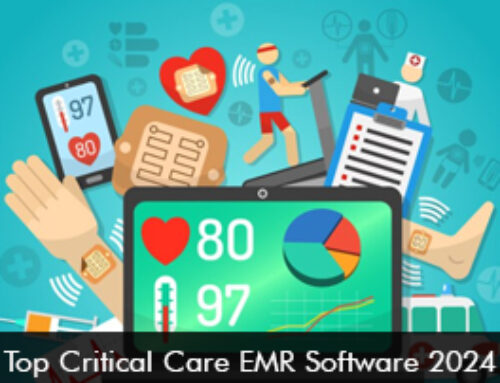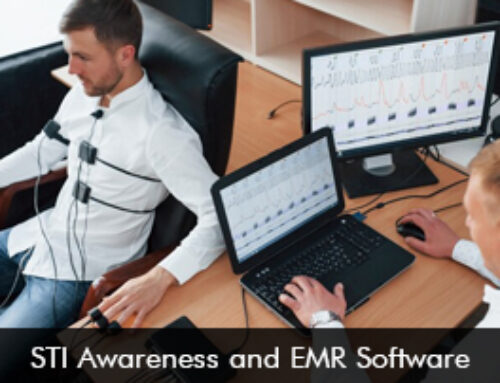Electronic Medical Records (EMR) software have revolutionized the medical world, impacting patient care and day-to-day operations at medical practices across the country. Although EMR software continue to transform according to the needs of healthcare practices, still there are many physicians who are not happy with their current EMR system solution.
According to a Black Book survey, switching Electronic Health Records (EHR) software is on the minds of almost one-third of physicians.
- About 31% of EHR software users were unhappy and wanted to make a change
- Of that 31%, more than 50% already had plans to switch EHRs
Reasons why doctors want to change EMR software
Here are the four top reasons why doctors are looking to change their EMR software and Practice Management (PM) software:
Unsuitable EMR Software Solution
Specialty practices have specific needs that cannot be met by simple billing EMR software solutions. However, in the rush of implementing an EMR system in order to qualify for incentives, many practices adopted software which were clearly not meeting their practice’s requirements. More than 75% of EHR & PM software users believe their solution is not right for their specialties. When an EMR does not fit with the practice’s specific routine workflows, it makes the physician’s job much difficult.
Poor Customer Support Service
It does not matter how good a product might be, untimely and unresponsive customer support can negatively impact the overall software experience. The same can be said for EMR solutions. The customer support service of a top EMR software system vendor makes the user feel supported. With 44% of EMR users claiming their EHR vendor is unresponsive to their issues, it is no surprise more and more physicians are looking to make a change. Eventually, a lack of customer support can significantly hinder a practice’s daily operations and negatively affect the use of the software.
Less Training
Learning how to use a new cloud-based EMR software is not a simple process, and practices that don’t receive the proper amount of training will quickly become frustrated. 50% of EMR users reported receiving less than two days or no training at all when it came to learning their new solution. A lack of understanding also results in inefficiency, which will eventually affect the practice’s overall patient care.
Complex EMR Software Navigation
Ease of use is very important to practice’s overall satisfaction with their EMR software. But unfortunately what specialty-specific EMR software users are experiencing is the complete opposite to this. 58% of specialty physicians are unhappy with the usability of their EMR. Time is money for the physicians because if the EMR system is complex, they will have to spend more and more time on the software rather than focusing on the patients. The EMR software must have a patient portal that eases the documentation tasks of the physicians.







